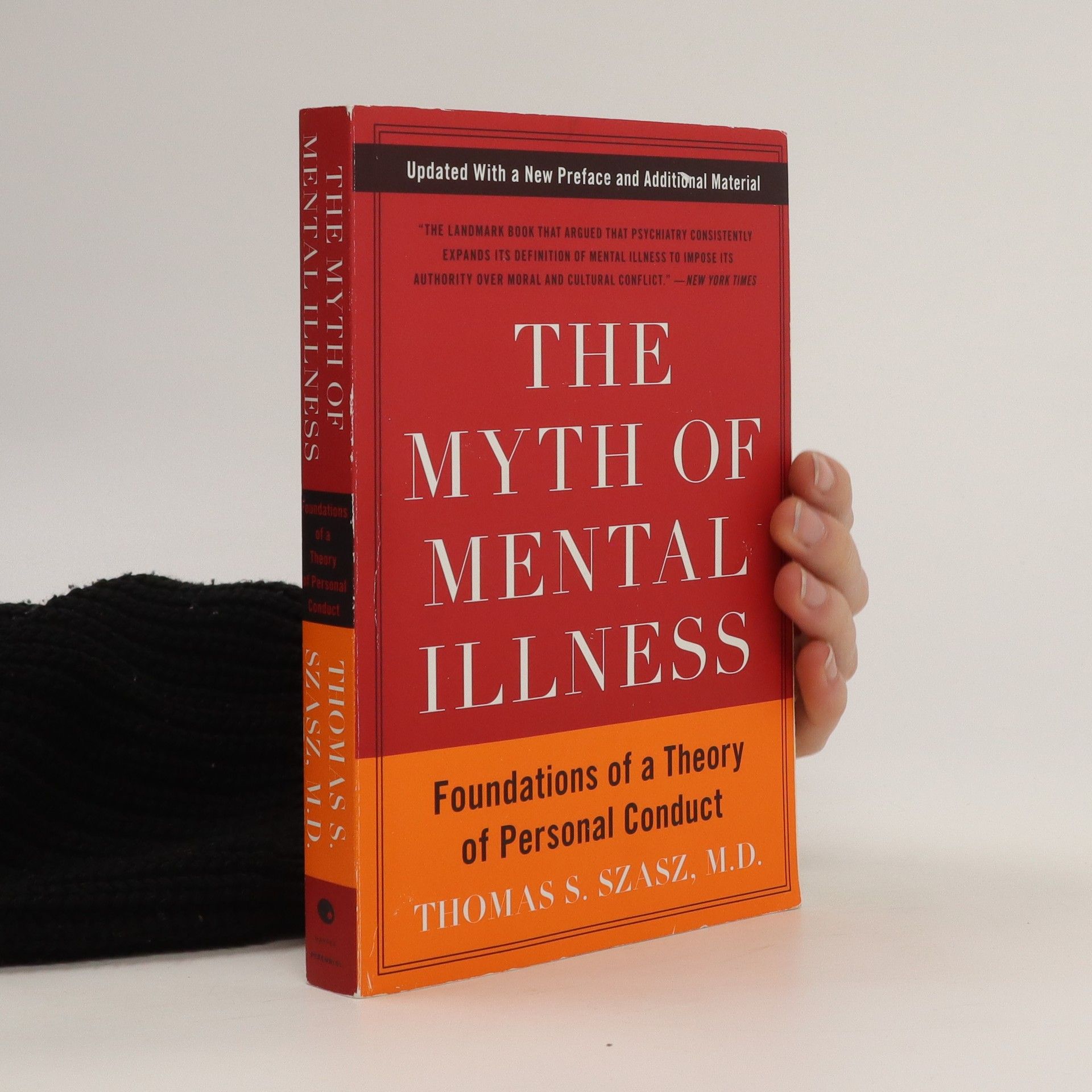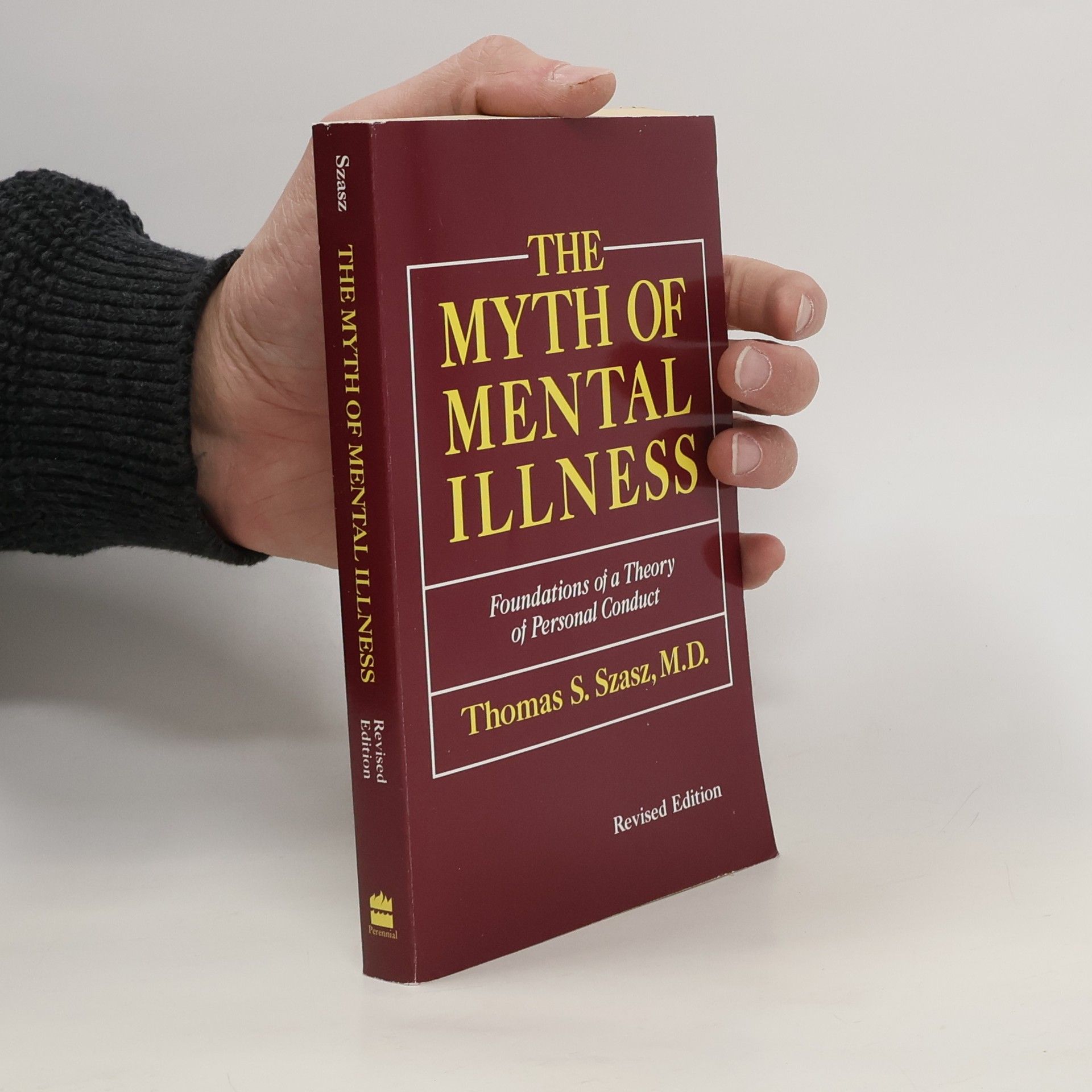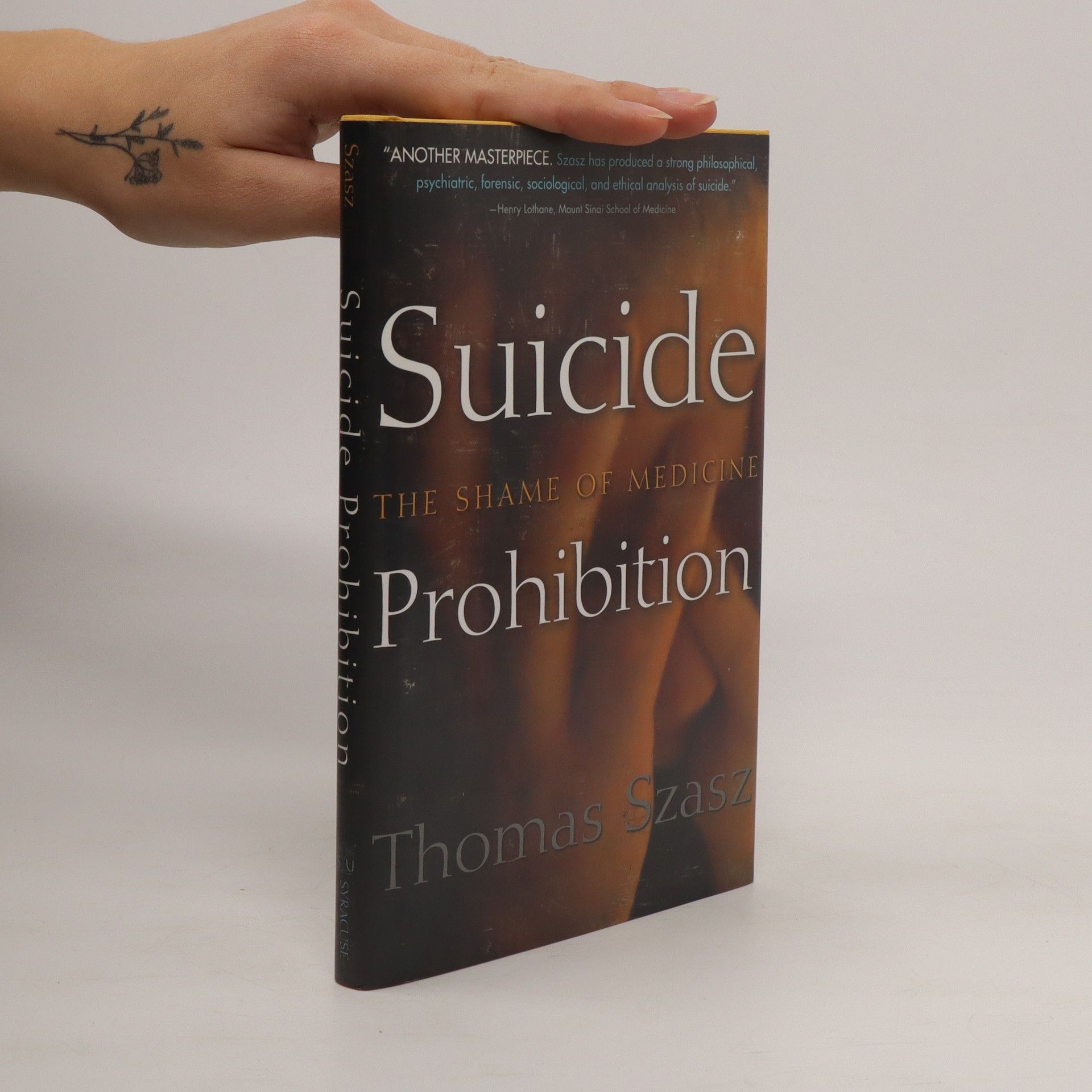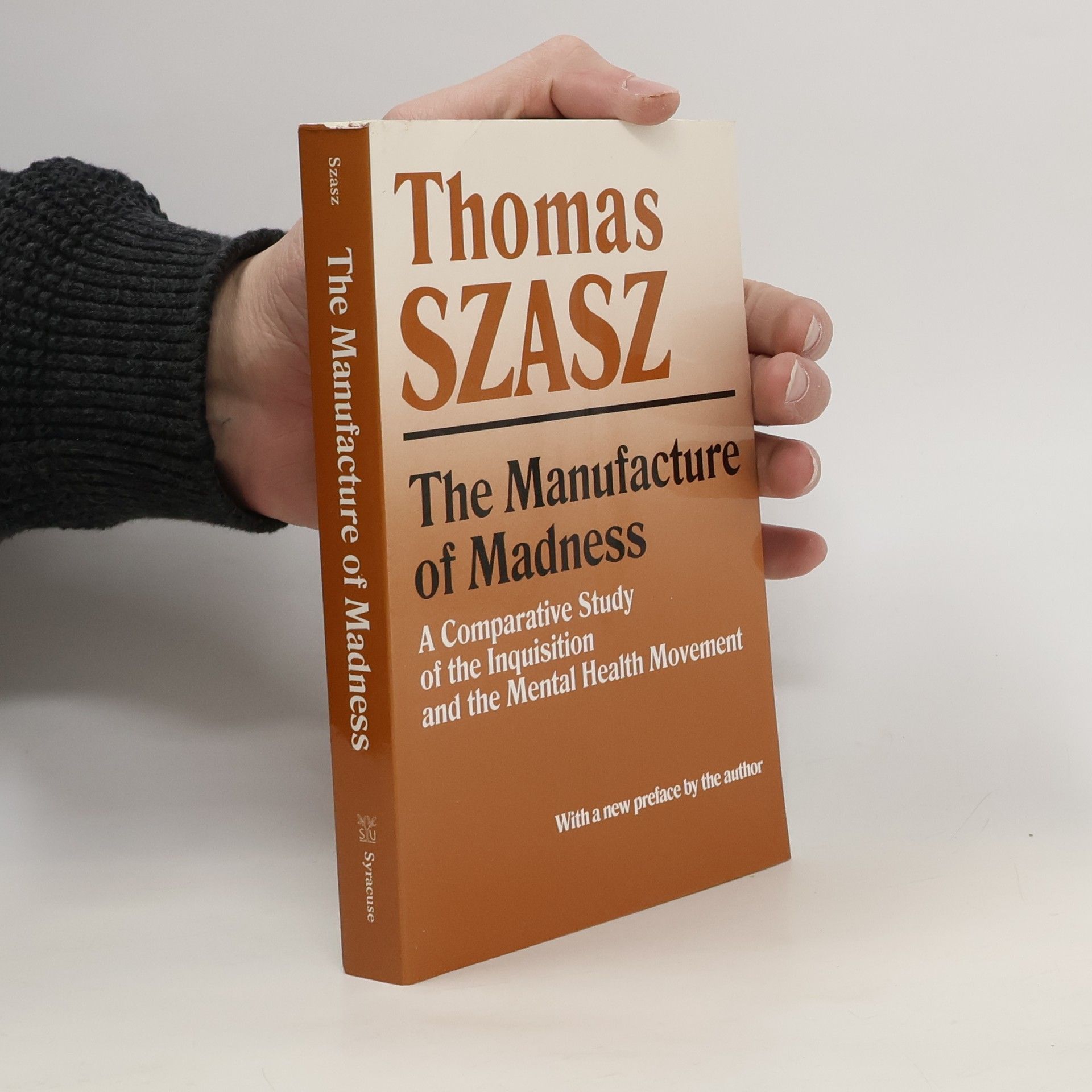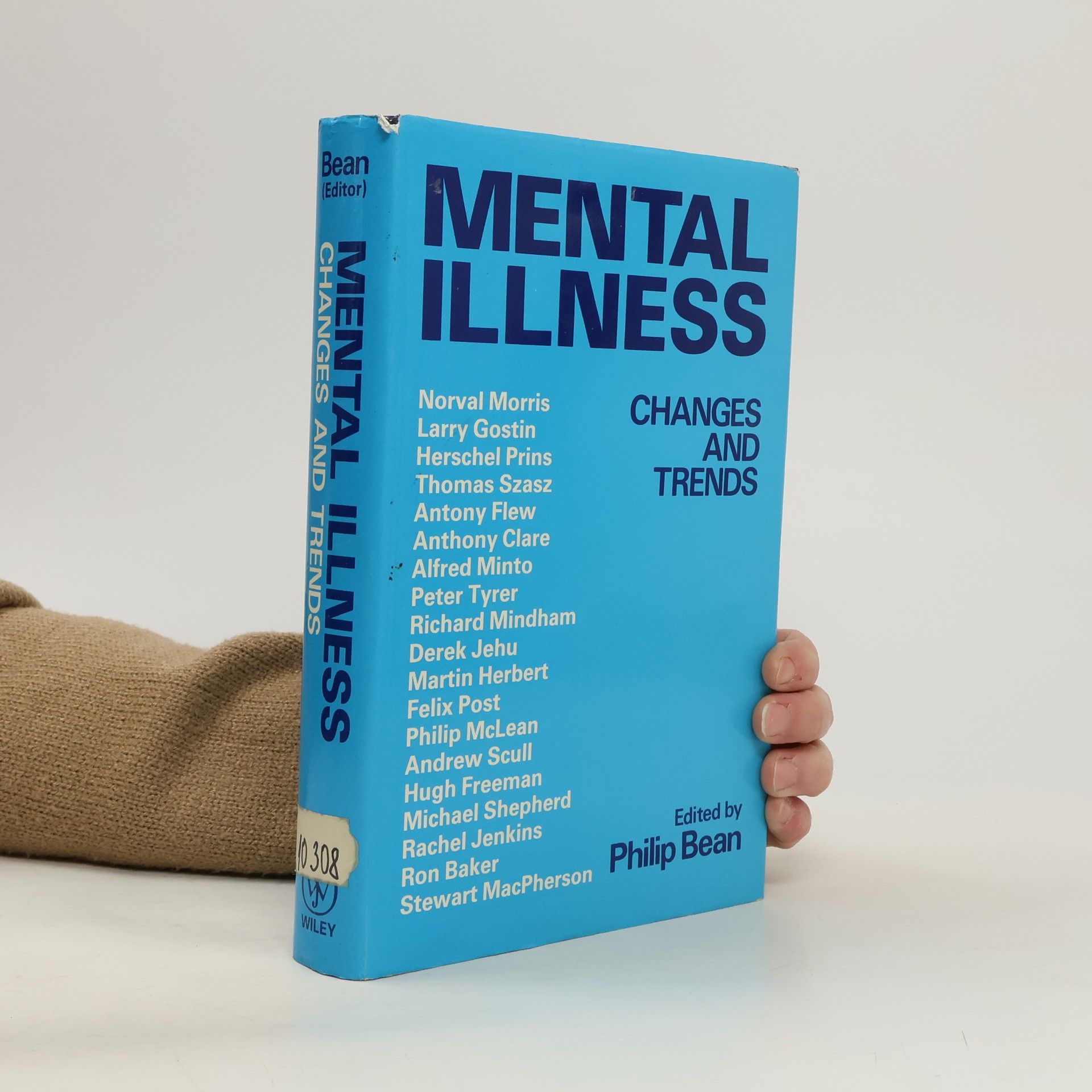Yalanlar Bilimi Psikiyatri
- 208 pages
- 8 hours of reading
"Psikanaliz gibi psikoloji de yeni bir insan icadı ve yeni bir akademik disiplindir. İkisi de Aydınlanma'nın, modernitenin, bilim çağının zararlı yan ürünleridir... ve sahte-bilimdir." Yarım asırdan uzun zaman boyunca Thomas Szasz kariyerinin büyük bölümünü psikiyatrinin kökten eleştirisine adadı. Neredeyse tüm yaşamını kaplayan bu uğraşın doruk noktasını teşkil eden son yapıtı Psikiyatri: Yalanlar Bilimi'nde Szasz, psikiyatri tarihi ve pratiğinin ayrılmaz parçası olan aldatmacanın rolünü betimliyor. "Psikiyatrinin şimdiye kadar yazılmış en etkili ve radikal eleştirisi" -New York Times- "Psikiyatrinin tüm meşruiyetini yerle bir ediyor" -Los Angeles Times- "Psikiyatri: Yalanlar Bilimi, psikiyatri kurumunda çürümüş bir şey olduğu iddiasını çok kuvvetli biçimde ortaya koyuyor. Psikiyatrik kölelik karşıtlığının asi adamı Thomas Szasz, psikiyatrinin aldatmacalarını çok yerinde örneklerle, güçlü ve etkili argümanlarla gözler önüne seriyor. Szasz, ahlaksal sorumluluk ile sahte bilim arasında yeni bir iç savaş başlatabilir." -David Ramsay Steele- "Thomas Szasz dünyada psikiyatrinin en sert eleştiricisi." -Richard Vatz- (Tanıtım Bülteninden)

